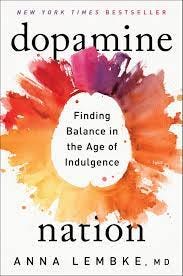If you like luxury then you are weak on calculate the value of things correctly.
Let's see why there is this widespread problem.
I have this problem with phones.
Build quality for me plays an important (not fundamental) role in deciding which phone to buy.
I am weak in the face of the luxury of the aluminum of the body.
Now you can find good phones that do everything you need for € 200-300. And they do many things, perhaps too many.
So when we spend € 1000 for a phone what do we pay more?
The products can be divided into:
Core Product: That part of a product that satisfies the customer's central underlying need or want; the essence or fundamental aspect of a product.
Tangible Product: The transformed core product consisting of features, styling, quality level, brand name and packaging that male the core product into something that customers can conveniently purchase
Augmented Product: Enhancement to the tangible product in the form of additional services and features that make the product attractive.
Here we pay for the tangible and augmented part of the product. That is, what we really need we pay less than a third (in the case of the 1000 € phone).
Luxury is a drug
Most of us have tried drugs in one form or another, right? Coffee gives you a little boost. Alcohol makes you a little more foolish and friendly. Sex makes you feel happy. Medicines lower fever and inflammation and reduce our senses. Marijuana is amazing for bringing out creative ideas and highlighting texture and humor in life, and the list goes on.
Everything that releases Dopamine can became a drug.
As Anna Lembke explains in "Dopamine Nation" they work because they modify our pleasure-pain balance.
Imagine now that the more you alter this equilibrium with too much pain or joy, the less you need on the other side to feel its effect.
For this reason poor children have fun with little and for the same reason those people who reach a comfortable life find it hard to leave it and try to keep it even by getting into debt.
Luxury behaves in exactly the same way.
When you live in luxury, you find losing a piece of that luxury unfair and painful.
There are people willing to pay more for the negligible added value of the object. And when it's time to go back it's hard.
There is a theory for that:
The hedonic treadmill theory states that our circumstances, including extremes like winning the lottery or becoming a paraplegic, alter our happiness level temporarily, and we quickly adjust back to a fixed emotional set point.
We can and must improve our relationship with luxury and understand how to resist it.
Obviously, a small gift every now and then doesn't kill anyone, but let's avoid it becoming a vicious circle for our wallet.


